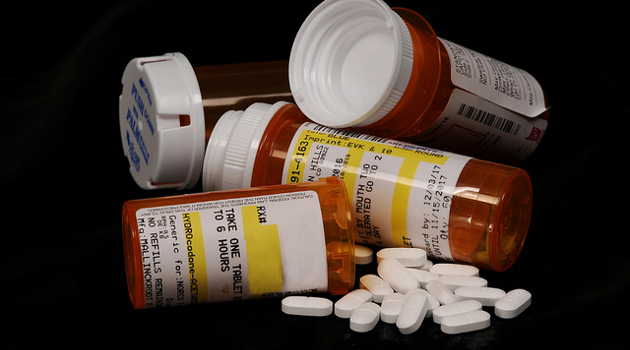Originally published by RealClearHealth on December 7, 2020.
President Trump has made promises to lower prescription drug prices a central argument in his reelection campaign. A key part of that effort is a recently signed executive order to ensure a “most-favored-nation price” for prescription drugs. Essentially, this means that the lowest price, after certain adjustments for market conditions, for drugs sold in developmentally similar nations would be what Medicare will pay under its Parts B and D prescription drug programs.
Many other countries limit the price of drugs through government controls. While the high cost of prescription drugs has long been a popular concern—the President’s campaign focus on the issue thus makes perfect sense—importing those foreign price controls creates more problems than it solves.
The Trump administration’s executive order creates a trial program to implement the price control scheme. But we already know what results from the imposition of price controls: market distortions like shortages and underinvestment.
Whenever and wherever price controls have been tried they have backfired. Price controls led to the 1970s gasoline shortages. Wage floors reduce youth employment. Rent controls suppress new housing construction and create affordability crisis. And widespread controls across numerous industries, like in Venezuela, lead to abject poverty.
With this track record, who needs an experiment? Price controls will not work. To highlight the type of problems they’ll create for prescription drug, one study found that were the U.S. using between 2006 and 2017 the types of drug pricing mechanisms already in place in many of the countries that will determine the “most-favored-nation price,” then aggregate survival gains (i.e., gains in life years) due to innovative medicines would have been cut in half for US patients” diagnosed with certain types of cancers.
The U.S. produces more drugs than the rest of the world combined. Whereas other nations can free load off innovation financed by American consumers, there is no other nation upon which we can similarly count. Debilitating the U.S. drug market through price controls would be a Pyrrhic victory.
If the cost of lowering drug prices through price controls is less innovation, access to fewer life-saving drugs, and worse patient outcomes, is there a way to achieve the same goal without so high a cost?
Instead of experimenting with a price control system, let’s try embracing competition.
Where the President’s executive order would look to foreign prices, let’s look instead to foreign approvals and make it so that if a developed nation approves a drug or medical device for sale in their market, it is automatically approved for sale in the U.S. as well, an idea known as approval reciprocity.
We could also address the ability of manufacturers to game the patent system by making superficial changes that extend the exclusivity period for drug and delay the introduction of generics.
Achieving a full competitive market for prescription drugs would ultimately require overhauling the entire healthcare payment system, but there are plenty of gains to be had short of that in the form of removing government-created distortions. The President should aim to fix those rather than embracing a proven failure like price controls.
———
Image credit: K-State Research and Extension | CC BY 2.0.

